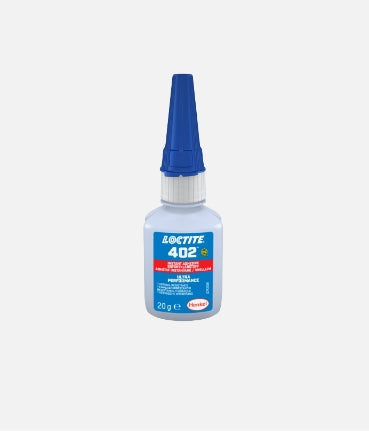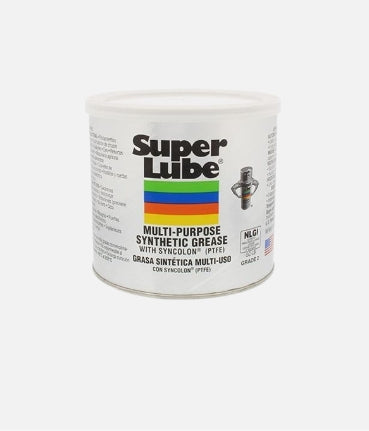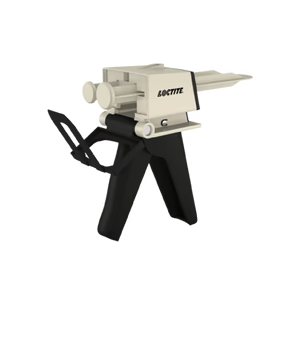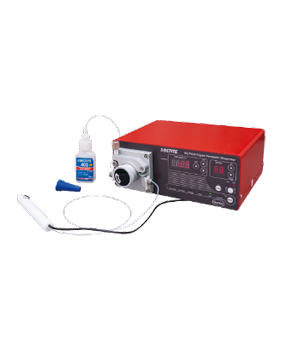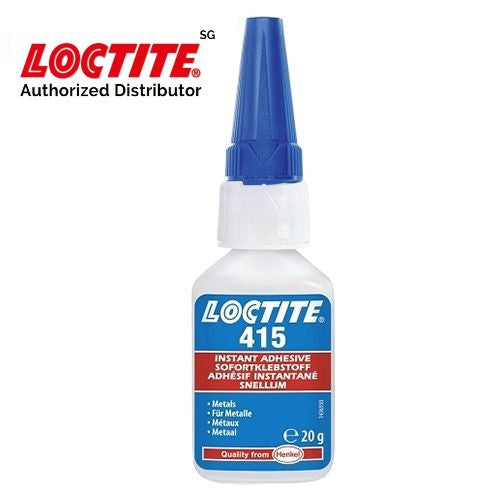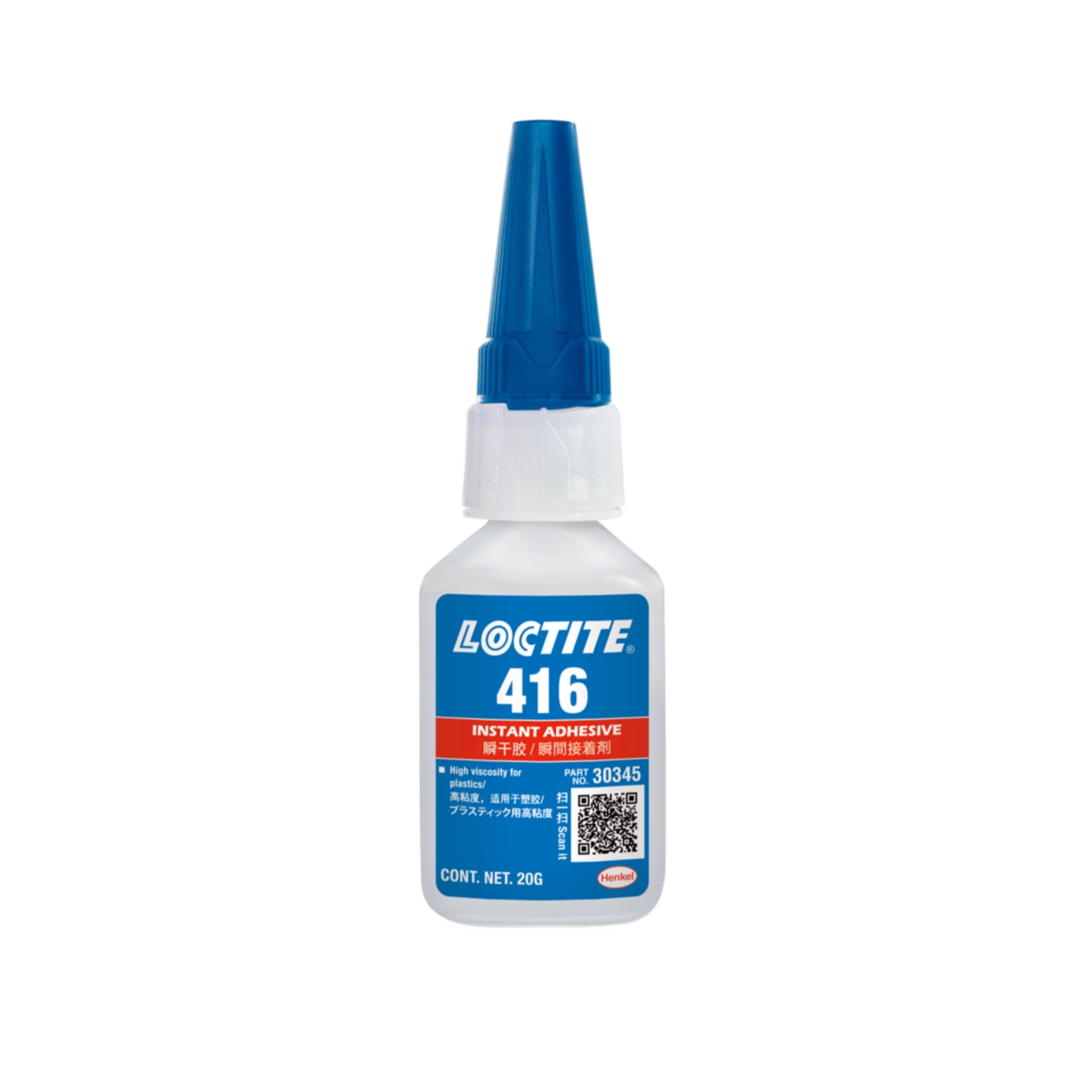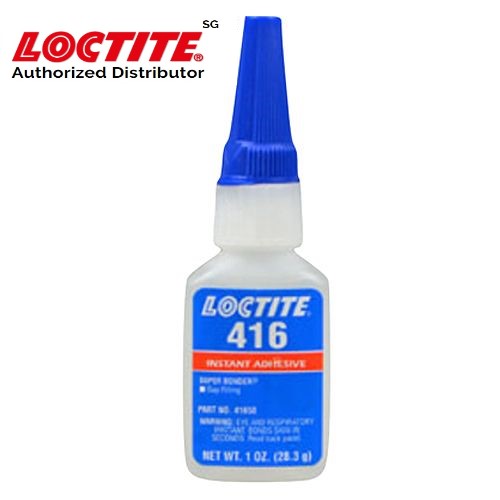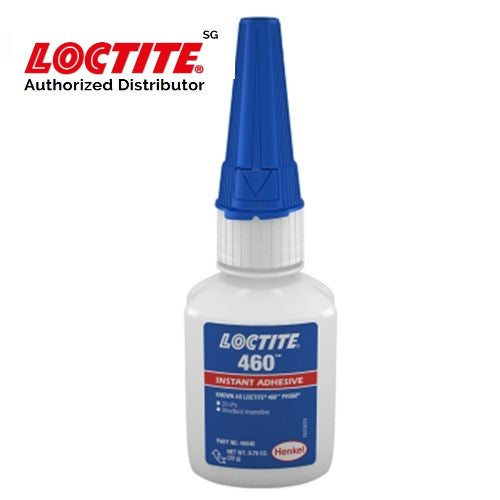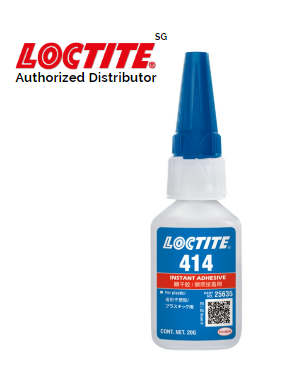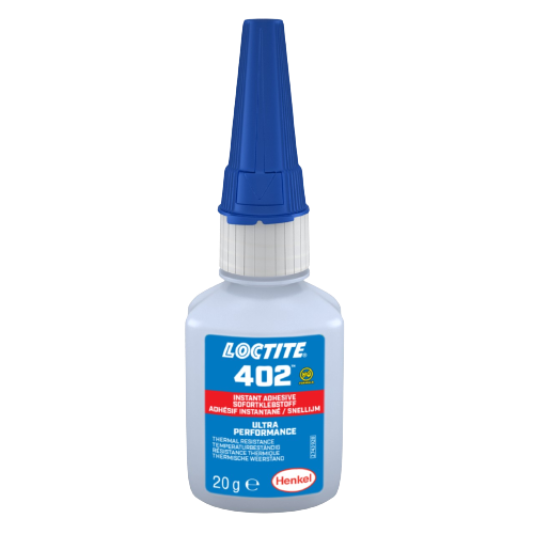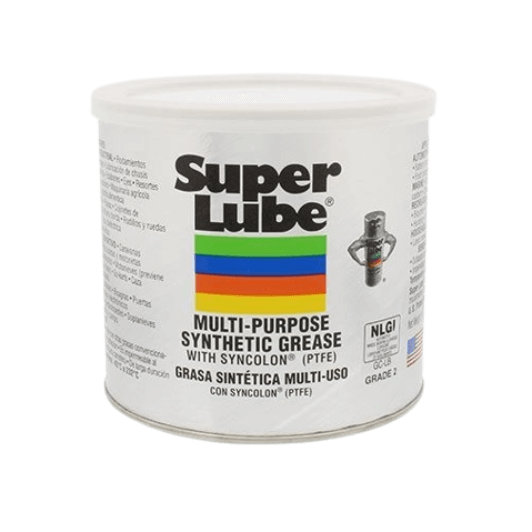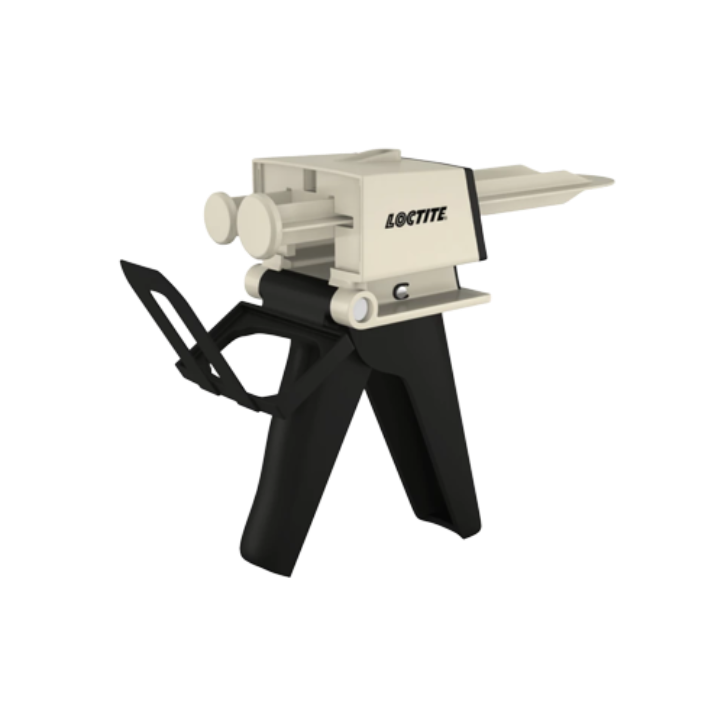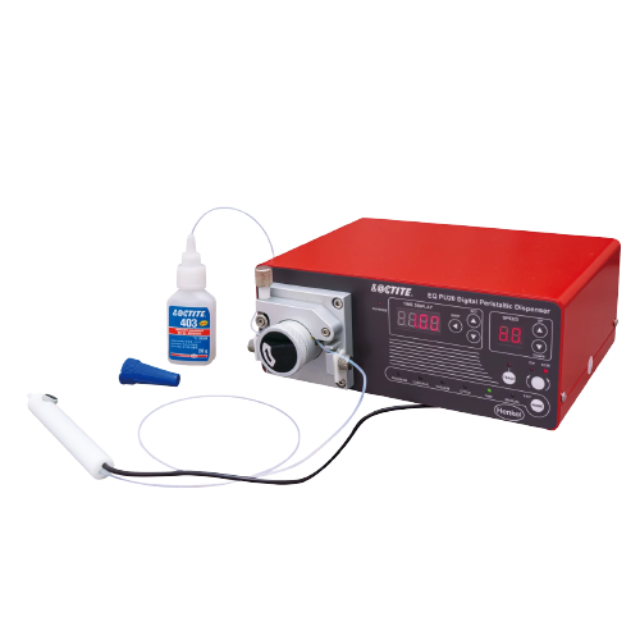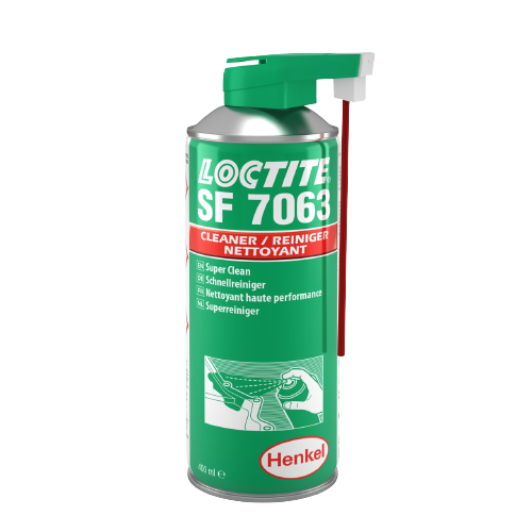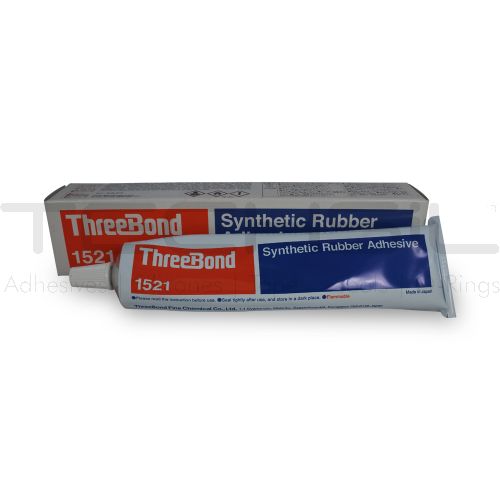
Threebond 1521 Synthetic Rubber Adhesive
Description
It is suitable for bonding a wide range of substrates including metals, rubbers and plastics, giving a high initial bond strength after setting. TB1521 is widely used as a contact adhesive in various applications such as bonding automotive sound insulating materials, carpets, plastic and interior trim, decorative laminates and so on.
Materials which can be bonded:
150 ml tube and 1kg, 15kg and 160 kg containers (special
packing on request).
Read More
Read Less
Threebond 1521 Synthetic Rubber Adhesive
ThreeBond® Synthetic Rubber Adhesive 1521 is a multi-purpose, rubber based adhesive.
Bonds rubber, plastic, vinyl, metal, leather, and grips
Bonds rubber, plastic, vinyl, metal, leather, and grips
It is suitable for bonding a wide range of substrates including metals, rubbers and plastics, giving a high initial bond strength after setting. TB1521 is widely used as a contact adhesive in various applications such as bonding automotive sound insulating materials, carpets, plastic and interior trim, decorative laminates and so on.
Features
Materials which can be bonded:
- Metals (Iron, Aluminium, Duraluminium, Brass, etc.)
- Plastics (Polyvinylchloride, Polymethacrylic, Phenolic resin,
Polystyrene, Ebonite, etc.) - Non-metals (Wood, fabrics, leather, ceramics, paper,
concrete, mortar, etc.) - Natural and synthetic rubbers (CR,SBR, EPDM, NBR, etc.)
(Note: The product is not suitable for bonding Polyethylene,
Polypropylene and Fluororesin.)
Directions for Use
- Surfaces must be clean, dry and free from oil or greasy
deposits. - Stir well before use. After long term storage a precipitated
layer may form but this does not mean the cement is no
longer usable. - Apply a thin even coat to one or both surfaces by brush,
knife, or other spreading method. Coating both surfaces is
preferred since it improves bond strength and permits longer
open time. - Coverage is approximately 3m²/kg for a dry film thickness of
0.1mm. - Absorbant surfaces may require more than one coat. Bond
whilst adhesive is still wet or aggresively tacky. - For non-porous surfaces allow the adhesive to dry until it is
tacky. Join the surfaces with firm pressure. - Open time for one surface application is 5 minutes or 30
minutes for two surfaces application. This drying time
depends on temperature, humidity, and the porosity of the
materials to be bonded. - Reactivation bonding method:
Re-moistening method: Allow the surfaces to dry
completely. After the solvent has completely evaporated
apply a small amount of adhesive to give renewed tackiness
and bond in the normal manner. This method gives greater
immediate strength.
Heat reactivation method: Allow the surfaces to dry
completely. Join the surfaces and heat in an oven, press or
under lamps at 120°C, maintaining adequate pressure to
ensure intimate contact of the surfaces, whilst allowing
sufficient time for the transfer of heat through mating parts to
the adhesive film. Surfaces may be pre-coated in this way
several days before final reactivation. - TB 1521 is highly flammable.
Use only in well ventilated areas.
Store in a cool, dark place in its original container tightly
sealed to maintain shelf life.
Packaging
150 ml tube and 1kg, 15kg and 160 kg containers (special
packing on request).
Description of first aid measures
- After inhalation : Supply fresh air. If required, provide artificial respiration. Keep
patient warm. Consult doctor if symptoms persist.
In case of unconsciousness place patient stably in side position
for transportation. - After skin contact : Immediately wash with water and soap and rinse thoroughly.
If skin irritation continues, consult a doctor. - After eye contact : Rinse opened eye for several minutes under running water. Then
consult a doctor. - After swallowing : Do not induce vomiting; call for medical help immediately.
A person vomiting while lying on their back should be turned onto
their side.
Induce vomiting, only if affected person is fully conscious.

Threebond 1521 Synthetic Rubber Adhesive
Sale price$0.00
Regular price (/)
ProductsและAdhesive / Sealant
Categories
Threebond
Products Brand

